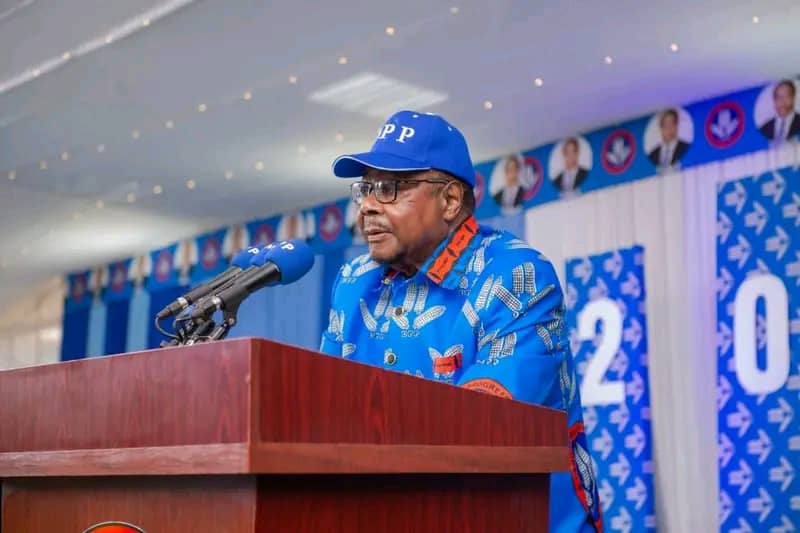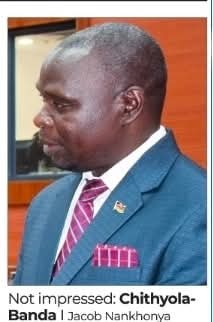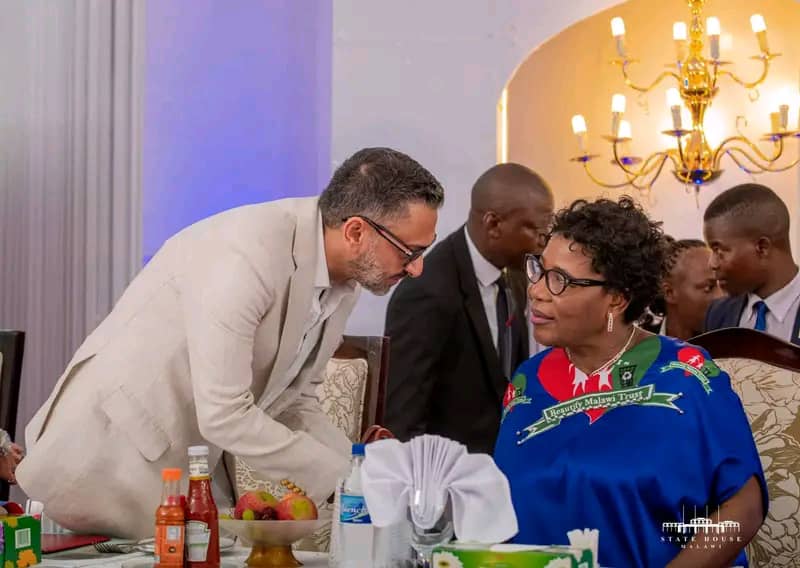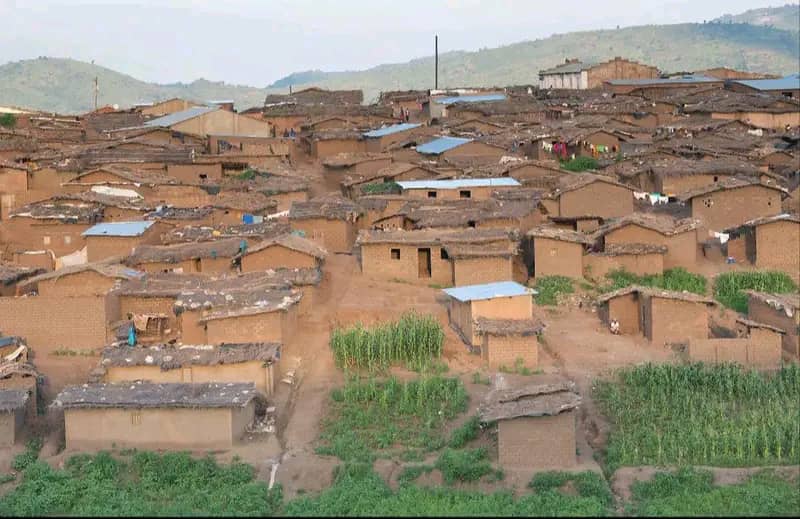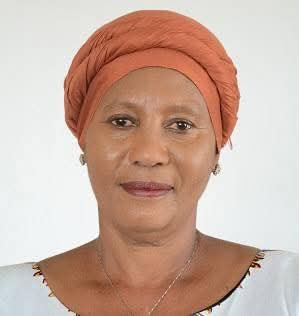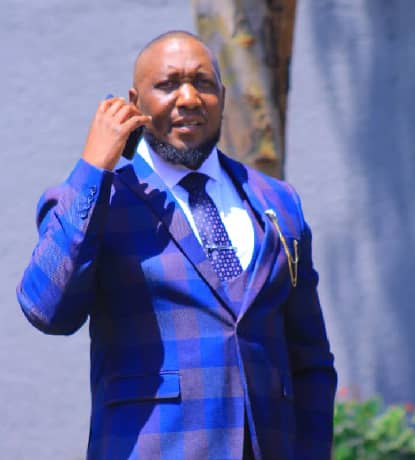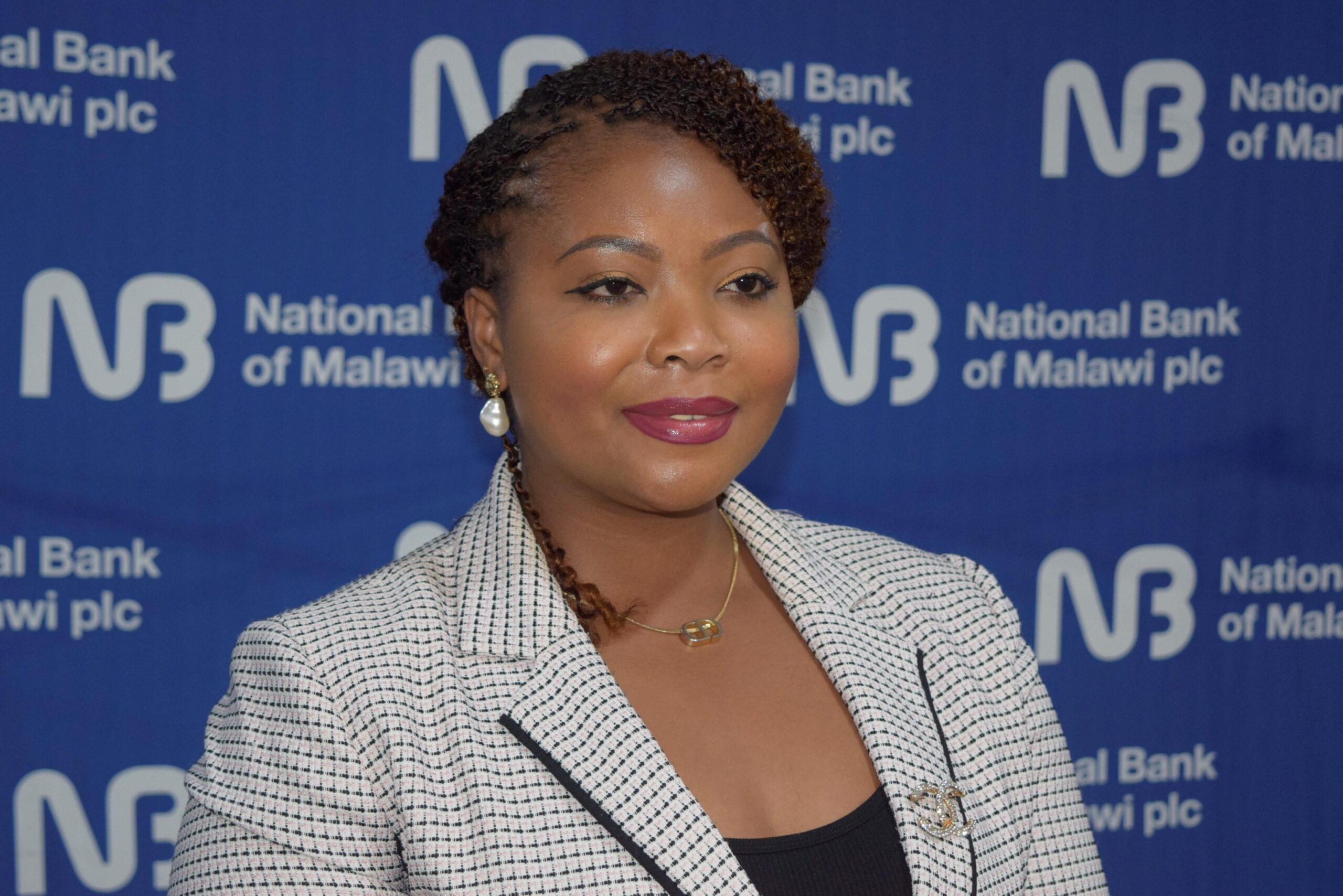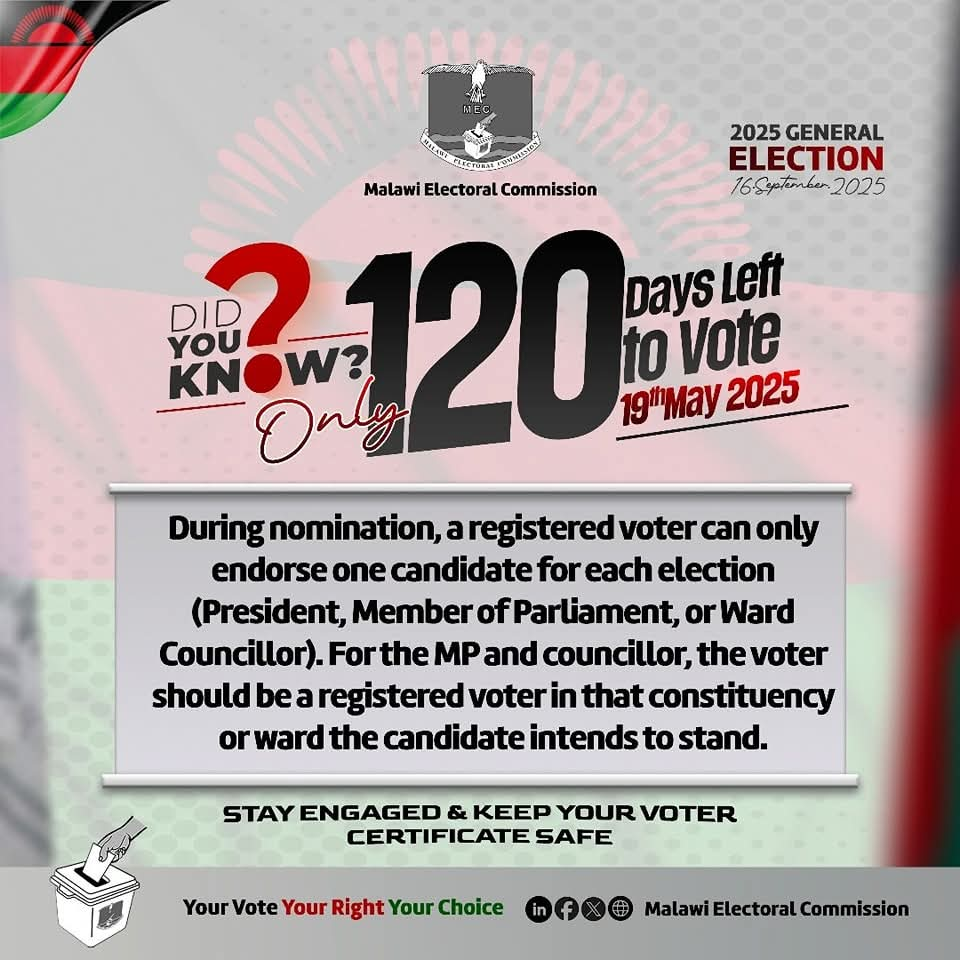By Burnett Munthali
The debate over who between Professor Arthur Peter Mutharika and Dr. Lazarus Chakwera is the better leader has long captivated Malawians. To determine their legacies, one must critically assess their governance styles, adherence to democratic principles, and ability to deliver tangible results. While both have faced their fair share of criticism, evidence points to Mutharika as the more competent leader, especially in areas of economic stability, institutional independence, and democratic governance.
Mutharika: A Stronger Proponent of Democracy
During his presidency, Mutharika consistently upheld democratic values. He respected judicial decisions, including the annulment of the controversial 2019 elections by the Constitutional Court. Although the ruling was a significant setback for his administration, Mutharika chose to prioritize peace and stability by refraining from escalating tensions. Furthermore, under his leadership, protests were largely unimpeded, and citizens were allowed to express dissent without fear of state violence.
On the other hand, Chakwera’s administration has been marred by allegations of suppressing dissent. Numerous reports have emerged of heavy-handed tactics by security forces to disperse peaceful protests. Incidents of intimidation, harassment of opposition members, and the stifling of free speech have tainted his leadership, raising concerns about his commitment to democratic freedoms.
Delivering Tangible Results
Mutharika’s tenure saw remarkable progress in infrastructure development, rural electrification, and agricultural reforms. The construction of community technical colleges empowered the youth with practical skills, while subsidies for maize and fertilizers contributed to food security. His administration’s focus on economic stability translated into better living conditions for many Malawians.
In contrast, Chakwera’s promises of economic transformation and job creation have largely remained unfulfilled. His pledge to create one million jobs has not materialized, leaving unemployment rates alarmingly high. Persistent fuel shortages, a weakened Kwacha, and soaring inflation have only compounded the economic challenges facing Malawians. The public disillusionment with Chakwera’s failure to deliver on his promises is palpable.
Corruption: A Tale of Two Leaders
Corruption was an issue during Mutharika’s presidency, but his administration allowed the Anti-Corruption Bureau (ACB) to function independently. Notable cases, such as the cement import scandal, demonstrated a willingness to hold individuals accountable, even when it involved high-profile figures.
Under Chakwera, however, the fight against corruption has taken a troubling turn. The midnight arrest of ACB Director General Martha Chizuma by a heavily armed police team epitomized the erosion of institutional independence. This incident sent shockwaves across the nation and raised questions about the government’s commitment to transparency. Chizuma’s arrest symbolized an attempt to silence anti-corruption efforts, further undermining public trust.
Economic Management:
Stability vs. Hardship
Mutharika’s administration managed to maintain relative economic stability. The Kwacha remained stable, fuel shortages were minimal, and prices of basic commodities were manageable. Policies aimed at bolstering agriculture and trade provided a foundation for growth, ensuring that many Malawians could meet their basic needs.
Conversely, Chakwera’s leadership has been marked by economic turmoil. The sharp devaluation of the Kwacha, coupled with rampant inflation, has led to a significant decline in living standards. Fuel shortages have disrupted businesses, while many households struggle to cope with rising costs. The widespread economic hardships under Chakwera have overshadowed any progress his administration might claim.
Respect for Protests and Dissent
One of the hallmarks of Mutharika’s leadership was his respect for constitutional freedoms. Even during moments of heightened criticism, his government refrained from interfering with citizens’ rights to protest. This approach demonstrated a commitment to democratic principles and tolerance for opposing views.
Chakwera’s administration, however, has faced backlash for its handling of protests. Reports of police brutality and restrictions on opposition activities have become increasingly common. Such actions have fueled perceptions of authoritarianism and intolerance, tarnishing his image as a democratic leader.
The Legacy of Leadership
The early morning arrest of Martha Chizuma stands as a stark reminder of the contrasting governance styles of Mutharika and Chakwera. Under Mutharika, the ACB operated without fear or interference, fostering accountability and public trust. In Chakwera’s era, the independence of this vital institution has been severely compromised, eroding confidence in his leadership.
Conclusion: Mutharika as the Superior Leader
Professor Arthur Peter Mutharika’s presidency was characterized by respect for democratic principles, tangible achievements, and economic stability. His administration’s commitment to fostering institutional independence and creating an environment conducive to growth left a lasting positive impact on Malawi.
In comparison, Dr. Lazarus Chakwera’s tenure has been marred by unfulfilled promises, economic mismanagement, and authoritarian tendencies. The suppression of dissent, coupled with undermined anti-corruption efforts, has left Malawians disillusioned and struggling to cope with worsening living conditions.
The evidence is clear: Professor Arthur Peter Mutharika emerges as the better leader, with a legacy of governance that prioritized democracy, stability, and the welfare of all Malawians.
- Simplex Chithyola Accuses Government of Balancing Books on the Backs of the Poor
- A Cleaner, Healthier Malawi: VP Witnesses Launch of BEAM Trust’s Ambitious Plan
- BMTV removes Chizaso Nyirongo from Amaryllis Hotel sale
- A Catholic health care organization to implement mental health project
- Inua Advocacy promises to work with government to end human trafficking
- Mutharika to grace BEAM Strategy launch in Lilongwe
- SKC memorial golf preps gain momentum
- ActionAid Strengthens Early Childhood Development in Balaka
- Teachers of Mangochi What’sapp group Administrators Condemn Backbiting, Remove Two Headteachers from the group
- K40 MILLION BOOST: Chinese Business Community Injects Fresh Lifeline into BEAM Ahead of New Strategic Plan
- Former Deputy Health Minister Halima Daudi Arrested Over Suspected Fake $76,900
- Imran Jumbe Condemns Alleged Abuse of National Economic Empowerment Fund Funds, Calls It a “Moral Crisis”
- NBM plc supports ‘Onesimus vs Armstrong’ concert with K5 million
- MLS blasts ACB boss over ‘white wash’ in K128.75Bn Amaryllis Hotel deal

